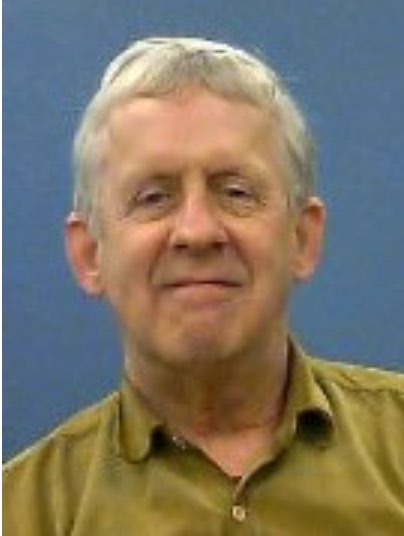A talk by David Saunders, Emeritus Professor
School of History, Classics & Archaeology, Newcastle University

Ukraine was my first subject of study when I became an academic. No-one in the UK was very interested at that time and I had to present myself as a Russianist, so I am very glad indeed that people are taking notice of Ukraine at last.
We were delighted to welcome to the January Meeting of the Civic Society Professor David Saunders who has encyclopaedic knowledge and personal experience of both Russia and Ukraine.
There is no one definitive answer to the question posed by our speaker however, Professor Saunders broke down the many factors that have contributed to the current situation by suggesting there were 8 major issues to consider as answers: 2 cultural, 3 geographical and 3 political; highlights have been noted below.
Drawing on examples of Russian history as far back as the Middle Ages, Professor Saunders explained Russia has always been Imperialist. He demonstrated the Russian tendency to attack others in pursuit of the ‘Growth of the Russian Bear’. To President Putin Ukraine is just a periphery region which became a potential country only because of the mistakes he considered were made by the Soviet leaders in the early 1920s. We were reminded of the many border changes within this vast Region and the numbers of people living outside the countries of their ethnic origin.
In contrast to the picture President Putin paints of Ukraine, Professor Saunders highlighted many examples, historically and currently, of Ukrainian’s desire for independence and democracy, meaning that they would not acquiesce to Putin’s demands. Ukraine’s advantages are its good strategic position with access to sea routes. It is a vast country, mostly of flat grasslands. The black soil is productive arable land with rich sources of minerals and rare earth metals.
Putin does not want a democracy on his Border. He has attempted to show his strength by invading other regions along the Russian border and getting rid of those people who may be a threat. Professor Saunders suggested President Putin was forced to launch the current attack on Ukraine because he had tried everything else!
Putin believes that Ukraine is in the pocket of the EU, NATO and America. He fears the growing influence of the EU and NATO in those countries that border Russia. There are still disputes about past verbal ‘promises’ made by EU/NATO not to expand.
Finally, Professor Saunders explored the belief that Putin wants to re-establish the Soviet Union which he refuted citing many quotations from speeches e.g. “Whoever does not miss the Soviet Union has no heart, whoever wants it back has no brain”. President Putin believes that the Soviet Union made worse the problem that his war on Ukraine is intended to solve, seeing modern Ukraine being entirely the product of the Soviet era. Putin has promoted an anti-Ukraine culture in Russia, which has led to popular prejudice supporting Putin’s aims. Rather than forming the new Soviet Union, perhaps he wishes to reinstate Tsarist Russia.
Professor Saunders was such a knowledgeable and eloquent speaker that question time went on for another hour or two both formally and informally during which time subjects such as religion and economics were aired. In conclusion, we wished we had a day with Professor Saunders rather than just an evening.
Sandra Y Gann, January 2023
